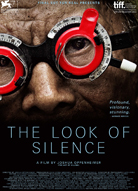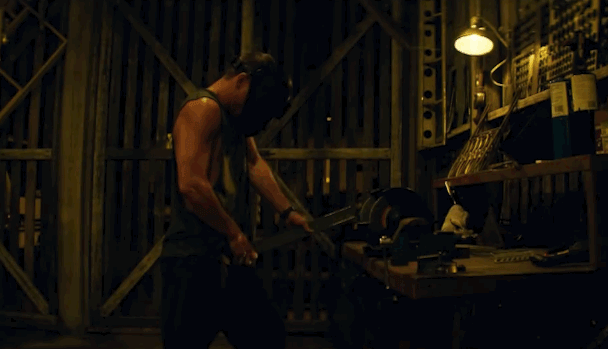Review: Fantastic [sic] Four
 Monday, August 10, 2015 at 4:00PM
Monday, August 10, 2015 at 4:00PM  Tim here. The best and maybe the only compliment I can pay to the new Fantastic Four, the third unsuccessful attempt at bringing the oldest of Jack Kirby and Stan Lee's creations at Marvel Comics to the big screen, is that it's not obviously the worst one yet. Its insipidities, and it is very insipid, aren't inherently worse than those of the ghastly 2005 big-budget version. That film heralded the end of the "brightly colored larks that are wholly insubstantial but also not much fun" era of comic book movies; time alone will tell if its 2015 sibling will similarly ring down the curtains on the "ludicrously dark and serious-minded exercises in bitterness and misery" era, though I think we should be hopeful.
Tim here. The best and maybe the only compliment I can pay to the new Fantastic Four, the third unsuccessful attempt at bringing the oldest of Jack Kirby and Stan Lee's creations at Marvel Comics to the big screen, is that it's not obviously the worst one yet. Its insipidities, and it is very insipid, aren't inherently worse than those of the ghastly 2005 big-budget version. That film heralded the end of the "brightly colored larks that are wholly insubstantial but also not much fun" era of comic book movies; time alone will tell if its 2015 sibling will similarly ring down the curtains on the "ludicrously dark and serious-minded exercises in bitterness and misery" era, though I think we should be hopeful.
How much of the film's misery and internal confusion is due to the awkwardly visible fencing match between director Josh Trank and the executives at 20th Century Fox is beyond our ability to say for certain. It does feel like a movie that wants to be anything other than what it is. There were rumors that Trank was hoping to make PG-13, summer-friendly body horror, and there are vestigial traces of that conception; it would have been better for the film to have gone all the way, for at least then the bleakness of tone would have felt like it had some actual purpose. [More...]









